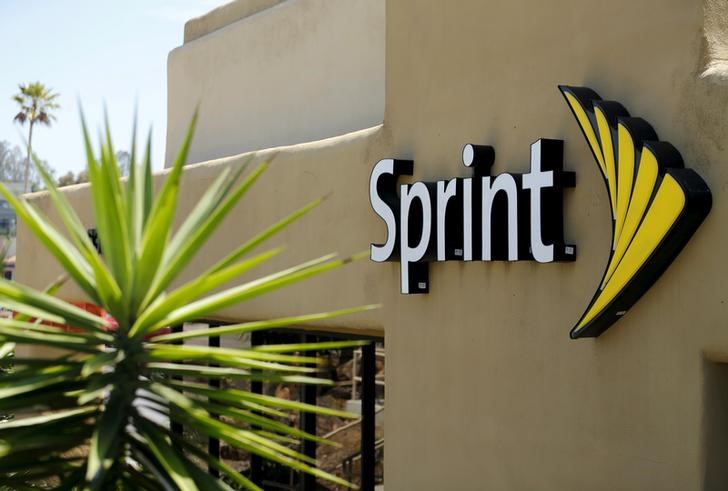By Jonathan Stempel
NEW YORK (Reuters) - A federal judge on Tuesday faulted the U.S. Consumer Financial Protection Bureau's apparent "indifference" toward how to distribute money left over from its 2015 settlement with Sprint Corp over unauthorized customer charges.
U.S. District Judge William Pauley in Manhattan nonetheless rejected a request by the attorneys general of Connecticut, Indiana, Kansas and Vermont to send $15.1 million remaining from the $50 million accord to two state-based projects, saying the money should go to the U.S. Treasury.
The decision raised the question of whether the CFPB, whose September accord with Wells Fargo (NYSE:WFC) & Co over unauthorized customer accounts sparked a national scandal, was inattentive toward enforcing one of its own settlements, at a time that some Republican lawmakers hope to strip some of the agency's power.
Sprint had agreed in May 2015 to refund $50 million to customers subjected to the "cramming" of charges onto their wireless bills, following similar settlements by AT&T Inc (NYSE:T), T-Mobile US Inc and Verizon Communications Inc (NYSE:VZ).
But a plan to send the leftover $15.1 million to the Treasury was put on hold when the states proposed their alternative in January.
Pauley said the CFPB maintained a "conspicuous silence" on the proposal until May 10, when it responded to an order he issued a month earlier with a short, "gossamer" memo "modifying its previous position of indifference to one of steadfast opposition."
Ultimately, Pauley sided with the CFPB, but said its delay kept the money out of Treasury's hands for six months.
The CFPB's role as a public watchdog "extends to properly disposing of all funds secured through the resolution of an enforcement action even after the underlying fraud has dissipated and the victims have been made whole," Pauley wrote.
"Until this court issued its April 10 order, the CFPB appeared uninterested in the fate of the unexpended funds," he added. "It leads this court to ask who will guard the guardians."
The CFPB declined to comment. A spokeswoman for Connecticut Attorney General George Jepsen said his office, which handled legal filings in the case, was reviewing the decision.
In court papers, Overland Park, Kansas-based Sprint said it would defer to Pauley's decision.
Pauley has criticized government agencies before, including in 2009 when he faulted the Securities and Exchange Commission over a settlement involving biased Wall Street research.

The case is Consumer Financial Protection Bureau v Sprint Corp, U.S. District Court, Southern District of New York, No. 14-09931.